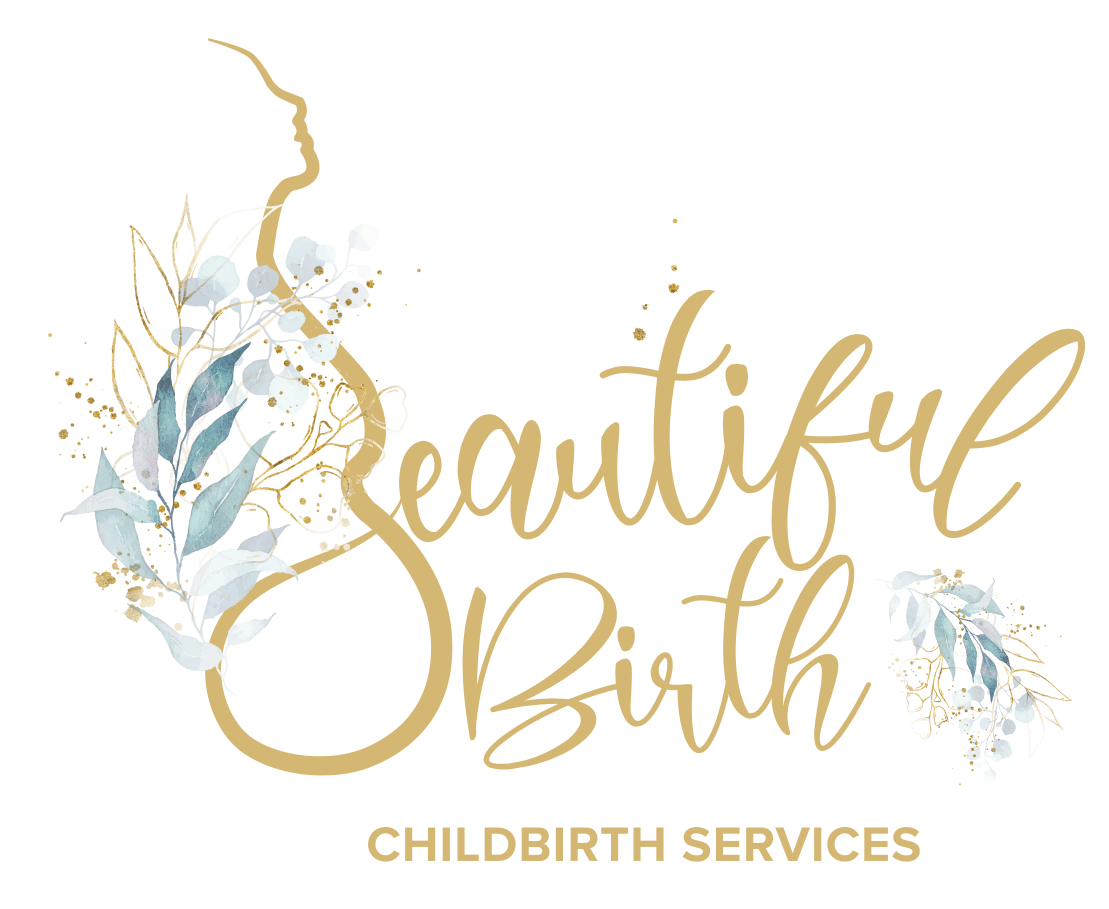Classes
Many people feel they can go into labor with no preparation and have the birth they desire – this unfortunately is not true. There are many options when it comes to childbirth, each with its own set of risks and benefits. I encourage you to look into all of your options with an open mind. My class prepares you to make informed choices for you and your newborn. It focuses on natural childbirth, but the class would benefit anyone preparing for birth – regardless of the birth location.
Here are just a few of the questions that will be answered in my class:
What tests will be performed during my pregnancy and what are the risks/benefits?
What should my diet be like during my pregnancy?
What can I do to prepare my body for giving birth?
What are comfort measures I can use during labor?
What are the stages of labor and what can I expect in each stage?
Can I tell how far I am in the labor process?
What is the dad’s role in pregnancy, labor, birth and postpartum?
Where and how will I give birth?
What are the benefits of breastfeeding?
What are routine newborn procedures at the hospital?
What can I expect in early postpartum?
…And much, much more.
I offer individual or group classes to fit all schedules.
My class schedule is usually four classes, but can be tailored to meet any need.
Classes include access to my library of childbirth, breastfeeding, and newborn care books and DVDs.
Classes are as follows:
Clients
$125
Non-Clients
$175
Birth is a beautiful, natural process.
Birth is not something to fear, but rather it is a rite of passage. The beginning of a woman’s menstrual cycle is the passage into womanhood. The process of birth is the beginning of a woman’s passage into motherhood.
Birth has historically been the highest honor a woman could achieve.
A woman’s body is designed to give birth. Her hips widen, ligaments and tendon’s stretch and loosen to prepare for birth, blood volume doubles, and finally muscles contract to move the baby through the birth canal.
A woman’s hormones are designed to support a her during labor:
She gets Oxytocin which is the hormone of love (we also get it during sexual activity, hugging, eating, touching and breastfeeding). This hormone drives labor and prepares the mother and baby to bond with each other. It also keeps the mother from bleeding too much afterbirth.
She gets Beta-endorphin which is a natural opiate. It has properties in common with morphine and Demerol. It is a natural pain reliever as well as giving the woman a feeling of pleasure and connectedness.
She gets Adrenaline and Noradrenaline. These gradually rise so that they peak at the moment of birth. This protects the baby by stimulating it’s circulatory and respiratory systems. It also makes the mother more alert to begin bonding with her baby.
She also gets Prolactin. This is the mothering hormone. It is very important to reset the brain in preparation for motherhood. It is also present in breastmilk and is thought to be very important in proper brain development for the baby. This is also an important hormone to help men bond with their babies.
Movement is very important in labor. It helps the labor to progress more quickly. Movement aids the baby in descending in the correct position which reduces the pain the mother feels. It also keeps the mother’s muscles from getting stiff and aids in blood flow to her body.
Information taken from Gentle Birth, Gentle Mothering by Dr. Sarah Buckley
